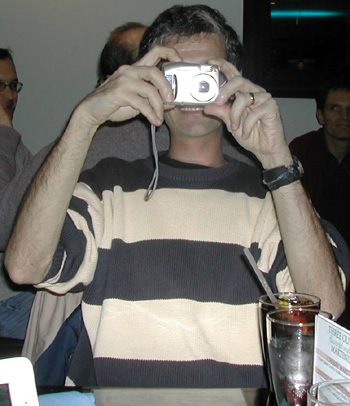There’s been some blogospheric blowout (see here, here, and here for just a taste) about a recent PETA ad that many viewers find gratuitously sexist. To me, the ad and the reaction to it are most interesting because they raise a larger issue about how we promote our values and how we choose our allies. From Michael Specter’s article on PETA founder Ingrid Newkirk in the April 14, 2003 issue of The New Yorker:
Newkirk seems openly to court the anger even of people who share her views. “I know feminists hate the naked displays,” she told me. “I lose members every time I do it. But my job isn’t to hold on to members, as much as I’d like to–it’s to get people who just don’t give a damn about this issue to look twice.” The truth is that extremism and outrage provide the fundamental fuel for many special-interest groups. Nobody ever stopped hunting because the National Rifle Association supports assault weapons; many of those who oppose abortion are appalled that people in their movement commit acts of violence, yet they are not appalled enough to support abortion. The same is true with peta, and Newkirk knows it; a vegan isn’t going to start eating meat or wearing fur simply because she disapproves of a naked calendar.
(Bold emphasis added.)

